(Continued from last week…)
Practice makes progress; Jesus makes perfect.
Last week’s blog post about the strength of man vs. the strength of God helps to lay the foundation and context for this week’s message.
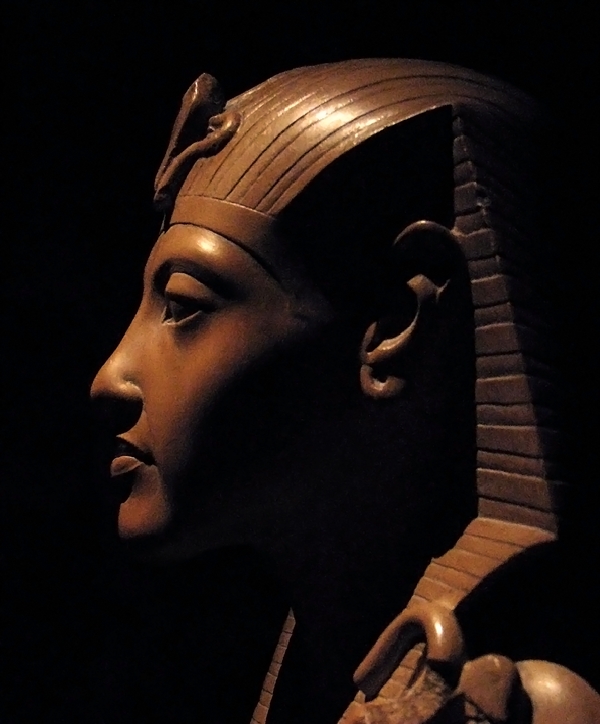 Pharaoh dreamed a dream. Joseph, by the power of God, interpreted it. And Egypt became temporally self-reliant during the seven years of famine. And all because Joseph was God-reliant, following the inspiration of the Lord in both preparation and administration of the goods set aside beforehand. Egypt would not have been self-reliant, if Joseph had not been God-reliant. For this, Pharaoh recognized and praised Joseph’s God.
Pharaoh dreamed a dream. Joseph, by the power of God, interpreted it. And Egypt became temporally self-reliant during the seven years of famine. And all because Joseph was God-reliant, following the inspiration of the Lord in both preparation and administration of the goods set aside beforehand. Egypt would not have been self-reliant, if Joseph had not been God-reliant. For this, Pharaoh recognized and praised Joseph’s God.
In this Church we are taught to become self-reliant. What does this mean? In the Doctrine and Covenants the Lord gives the Church this phrase regarding its self-reliance: “that the church may stand independent above all other creatures beneath the celestial world” (D&C 78: 14). The Lord wants the Church to be independent of governments, financial institutions, etc., for its maintenance and progress, so that none of these can have claim on the Church to alter its teachings, organizational structure, or policies in order to satisfy the world’s desires or subdue the world’s criticism. Institutions that fail to meet the demands of its benefactors lose the benefits from those benefactors. And it is the same for us as a church, as well as individuals and families. The Lord desires for each of us to not be dependent on governments, financial institutions, outside individuals, or even the Church itself for the ongoing maintenance of our own families. However, while the Church is to remain independent of every creature beneath the celestial world, it must never consider itself independent of those who belong to the celestial world. And so it is with us. We are not to face life independent of God the Father and Jesus Christ, His Son. We are not to go about each day independent of the Holy Ghost. We are not to assume that we are independent of angels and ministering spirits. We are to be dependent upon all of these for all that we are, and have, and do.
“Look unto me in every thought” (D&C 6: 36).
“Yea, cry unto [God] for mercy….Cry unto him…over all your flocks. Cry unto him…over all your household….Yea, cry unto him against the power of your enemies. Yea, cry unto him against the devil….Cry unto him over the crops of your fields….Yea, and when you do not cry unto the Lord, let your hearts be full, drawn out in prayer unto him continually for your welfare, and also for the welfare of those who are around you” (Alma 34: 18-27).
“De we not all depend upon the same Being, even God, for all the substance which we have, for both food and raiment…and for all the riches which we have of every kind?” (Mosiah 4: 19).
We are taught to be self-reliant, but we must be so careful to keep this in its proper perspective. There is a natural tendency in the concepts of self-reliance and self-sufficiency to have the focus fixated on self, where, if we enjoy success, pride can grow upon us from day to day (see Helaman 3: 36).
“And it came to pass in the eighth year of the reign of the judges, that the people of the church began to wax proud, because of their exceeding riches, and their fine silks, and their fine-twined linen, and because of their many flocks and herds, and their gold and their silver, and all manner of precious things, which they had obtained by their industry” (Alma 4: 6).
Notice that these people of the Church obtained all these riches by their industry. This wasn’t undeserved compensation. They had not won these riches by luck gambling or participating in a lottery. Neither had they inherited them from a wealthy person who willed them their fortune before dying. Nor had they even stole them. They had obeyed the law of the harvest and were reaping the rewards. But to think that all this prosperity came by their own doing was a huge mistake. We see among other things, that forgetting God’s hand in their progress—and even literal existence—eventually led them to stop assisting the poor, which is terribly displeasing to the Lord. (In fact, Jesus calls those who ignore the poor, “goats” and says at the last day they will be separated from His sheep and set aside on His left hand to await everlasting punishment—Yikes! See Matthew 25: 31-46.)
The Lord desires us to be industrious in order to be useful to Him for good, but to think that we are the source of the prosperity or the good is to forget our place. Yes, we might feel that we are successfully holding up our own little corner of the world, but all the while Almighty God holds us in the palm of His hand. The intellect we have fostered, the skills we have painstakingly sought to develop are a wonderful and essential part of who we are becoming, yet the Lord could take them all away in an instant, suddenly! A freak auto accident could bring on a lawsuit that might bankrupt us. A fall from a ladder or down the stairs could paralyze us or cause trauma to the brain that might render us mentally incapacitated. Or, as happened to a wonderful business associate of mine in his thirties, we could go to sleep one night, never to wake up again. All that we think we have become in the eyes of the world, by our industry, could vanish. All our prospects for prosperity could melt away.
However, if we instead are focusing on the Lord, the One upon whom we must rely for our sustenance, our salvation and our being made perfect, we find ourselves, by His grace, growing stronger and stronger in our humility and gratitude before Him.
“Are we not all beggars?” (Mosiah 4: 19-23).
My friend, Steve, spoke once about this idea in our Sunday School class, saying: “When we talk about these verses in Mosiah, the discussion almost invariably goes to ‘How much should we give the beggar? How do we know what to do? Do we just give to the city programs? Wouldn’t it be better to teach these people to fish, rather than just give them a fish today?’” Steve then said: “It worries me that we see ourselves as different from these beggars, instead of the commonality of our beggarship.” I love that! …”the commonality of our beggarship.”
“Are we not all beggars? Do we not all depend upon the same Being, even God, for all the substance which we have…?” We speak in terms of temporal things this way, and yet, is it not more so in spiritual things? The Book of Mormon teaches that it’s dangerous for us to believe that we prosper without God assisting us. Well, it also teaches us that we cannot pursue working out our own salvation without relying on the God of our salvation either. While being self-reliant, we should foremost be God-reliant, “relying wholly upon the merits of him who is mighty to save” (2 Nephi 31: 19).
(to be continued…)





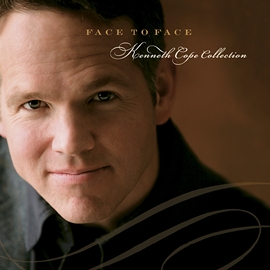


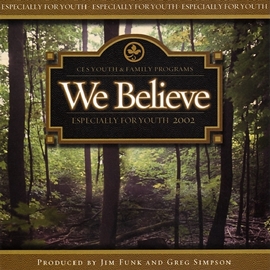

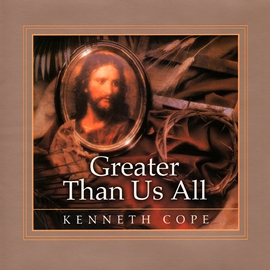

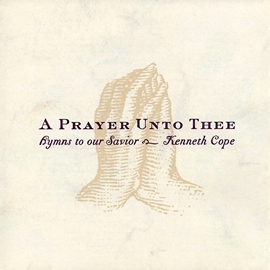


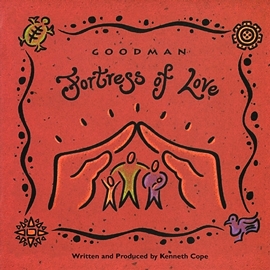

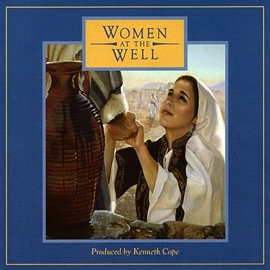
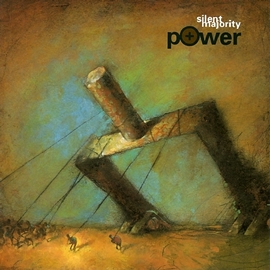












This is where I get confused say you are really poor you barely have enough for your family are you still required to give to the poor? The scripture when that lady gave all she had always comes to mind but what if you don’t have any extra to give? Are you breaking that commandment cause you are not giving all you have? I constantly struggle with this.
Hi Dawn! Great question…and here are the verses in Mosiah 4: 24-27 that answer your question. :)
24 And again, I say unto the poor, ye who have not and yet have sufficient, that ye remain from day to day; I mean all you who deny the beggar, because ye have not; I would that ye say in your hearts that: I give not because I have not, but if I had I would give.
25 And now, if ye say this in your hearts ye remain guiltless, otherwise ye are condemned; and your condemnation is just for ye covet that which ye have not received.
26 And now, for the sake of these things which I have spoken unto you—that is, for the sake of retaining a remission of your sins from day to day, that ye may walk guiltless before God—I would that ye should impart of your substance to the poor, every man according to that which he hath, such as feeding the hungry, clothing the naked, visiting the sick and administering to their relief, both spiritually and temporally, according to their wants.
27 And see that all these things are done in wisdom and order; for it is not requisite that a man should run faster than he has strength. And again, it is expedient that he should be diligent, that thereby he might win the prize; therefore, all things must be done in order.
Thanks Kenneth that scripture helps I wish heavenly Father would just bless me with more money so I can help people. I hate just driving by and not helping. I really liked this post alot it really helped with other things I didn’t understand. Keep your awesome posts going.
:) !!!
In response to ‘after all we can do’ and ‘self-reliance’
Kenneth, I was just introduced to your blog. You have addressed this topic beautifully. For a long time I found 2 Ne 25:23 to be a stumbling block, causing me to ask the question how many ‘doifiers’ are enough?
How many more gardens planted and harvested, how many more jars of food to preserve, how many more loaves of bread, how many more children to birth, feed, clothe, nourish, teach, love, guide, educate, watch over, provide and pray for, how many more names to prepare and endow, how much study, fasting, repentance and mighty prayer, etc, until I have done all I can do to be ‘worthy’ enough to appeal to God for His consideration to extend to me his forgiveness and His mercy and grace?
After an exhausting, sleepless night with our 6th baby, and 5 littles ones, still in their pajamas, hungry in the kitchen, countertops stacked with dirty dishes, I fell on my knees in wrung-out weariness and despair calling out to God with a heart broken and broken body and broken will, “Oh Father, I can do this no longer — I give”, as I laid in a sobbing heap! That was the day my entire life began to change. He began His mighty work within, for a place had been opened up within me for Him to enter. And He has never left!
Since stepping onto that path of admitting to God, that I am powerless, that I can do nothing and am nothing without Him, my whole being and outlook has changed. I now know the ‘real’ meaning of the word link “after all we can do” which is so poignantly rehearsed in Alma 24:10-11,
10 And I also thank my God, yea my great God, that he hath granted unto us that we might repent of these things, and also that he hath forgiven us of those our many sins and murders which we have committed, and taken away the guilt from our hearts, through the merits of his Son.
11 And now, since it has been all that we could do, (as we were the most lost of all mankind) to repent of all our sins and the many murders which we have committed, and to get God to take them away from our hearts, for it was all we could do to repent sufficiently before God that he would take away our stain —
and now I live in joy and peace of conscience, ‘daily encircled around in the robe of thy righteousness, O Lord’. In gratitude ~ gwen
This is beautiful, Gwen. Thanks for taking the time to share your experience and these verses in Alma. I rejoice for you that God has blessed you as He has. Our Savior is the God of our salvation. It is my hope that we may all learn to come to Him in profound honesty and sincerity, that He may give the weary His rest, as only He can give. :)
Thank you so much Kenneth ~ A tiny addendum: Oh how could I have left out the many pruning church callings, visiting teachings, and missionary workings, all of which I am so grateful for ! ! ! :) :)